MacroMonitor reviews Credit Card Competition Act: A Threat to the US Payments Industry
Princeton, NJ – Embargoed 00:01 27 July 2023
KEY RESEARCH FINDINGS
- If passed, the Credit Card Competition Act will alter the card landscape dramatically.
- Directionally, electronic/automatic channel use to increase as Zoomers become full-fledged consumers; currently, one-third of heavy electronic/automatic users are under age 30.
- Creative transaction options will be in demand as inflationary pricing remains.
- Households with modest credit scores may gravitate to Buy Now Pay Later (BNPL) to satisfy spending urges. Debt-averse Zoomer households may use BNPL to avoid acquiring liability.
The reintroduction of the Credit Card Competition Act in June 2023, backed by bipartisan support, poses a significant threat to the US payments industry. While large grocers, big box stores, and online retailers are in favor, the American Bankers Association (ABA) strongly opposes it, launching a ‘Protect My Points’ campaign to warn consumers.
MacroMonitor’s latest data and insights finds that passage of the bill would represent a massive disruption to the system.
MacroMonitor on how heavy credit-card transactors might react
MacroMonitor’s most recent research wave looks at four types of heavy transactor (HT) households differentiated by those that make 50% or more of their total annual non-cash transactions using one of four channels: Credit/T&E Cards, Checking/Savings, Debit Cards, and Automatic and Electronic combined. The four groups are mutually exclusive: 76% of households (HHs) own at least one card; 89% have a Checking/Savings account; 60% own a Debit Card; 92% make automatic transactions, and 91% make electronic transactions.
The latest data shows that although traditional transaction channel use (checking/savings and ATM) continues to decline, electronic/automated service continues to increase. HT checking/savings HHs tend to be mature (pre-retired and retired) and transact less frequently than all US households.
MM shows that younger Millennials and Zoomers are the groups driving the adoption of electronic transactions hastened by the pandemic, and these youngest cohorts are operating many types of financial product and service changes.
Data reveals that products and services introduced in the 2010s (Zelle, Venmo) and BNPL in 2021 will see continued increased use in the 2020s as many younger HHs move into life stages involving more transactions.
MacroMonitor data indications suggest the days of conspicuous consumption are in the past, with newer transaction methods and channels enabling some HHs to juggle basic expenses better and/or to control spending. Despite income increases, many HHs will need to continue to juggle the costs because when inflationary prices go up and remain ‘sticky,’ the ‘cost of money’ (interest rates) climb.

Interestingly, over 90% of heavy credit-card users pay off their monthly balance in full. This behavior can be attributed to their financial capability, as heavy credit-card users have a median annual household income of $101,000, significantly higher than heavy checking/savings users ($33,000) and heavy electronic/automatic users ($27,000).
Households with good credit scores and multiple credit cards can leverage their monthly spending to maximize credit-card rewards and perks offered by different providers. The availability of numerous cards allows them to enjoy a range of benefits, making it an attractive option for many consumers. Although more than half of HT credit-card households know BNPL, adoption remains relatively low because there are no rewards or points. About one-quarter of all HHs with a card would close their account if the provider stopped a cash rebate; however, 40% of HT card HHs would close the card.
Other card features ranked high with card users are no annual fee and low-interest rates.

Ultimately, MacroMonitor predicts the US banking industry has a great deal to lose if legislation passes in its current form and the potential passage of the Credit Card Competition Act could significantly disrupt the US banking industry.
As Zoomers become full-fledged consumers, their preference for electronic/automatic channels will continue to rise. In response, industry service providers are encouraged to develop creative transaction options to meet increasing customer demands in the face of persistent inflation.
New to MacroMonitor?
Headquartered in Princeton, NJ, for more than 40 years MacroMonitor has been delivering data and insights to financial services clients.
It is the most comprehensive and granular financial dataset in the US, measuring all financial areas (transactions, credit, assets, protection, information, and advice) and offering financial services providers trended, reliable, single-source research about US economic households’ needs, attitudes, and behaviors.
Long-time clients such as Wells Fargo, Schwab, and Capital One use the MM for market sizing, audience segmentation, and data on diverse segments: Asian, Hispanic, Black, Ultra-High Financial Asset, Youth, and more.
Ends.
Notes for Editors:
About RFI Global
RFI Global was founded in Sydney in 2006 to provide financial intelligence for the Australian financial services market. It is now the #1 data and insight partner for the world’s financial services community, serving 49 markets with a local presence in Sydney, Singapore, Dubai, London, Paris, Toronto, New York, and San Francisco.
Since its inception, RFI has provided tailored subscription-based insight and data solutions for local, regional and global Financial Services players that enable them to make data-driven decisions confidently and quickly.
To learn more, please visit: www.rfi.global.
About MacroMonitor
The MacroMonitor is the most comprehensive, independent macroeconomic measurement of US households. The biennial, proprietary survey has been the foundation of CFD services. The MacroMonitor serves as an objective, single source for data about consumer needs, behaviors, and attitudes in response to financial-industry change. Its use is a reliable method to target customers and to identify trends. RFI Global acquired MacroMonitor in October 2022.
For more information or to speak with a Spokesperson, please contact:
Chloé James
Group Director of Media & Communications at RFI Global
Email: cjames@rfi.global
Phone: +61 0451 118 042






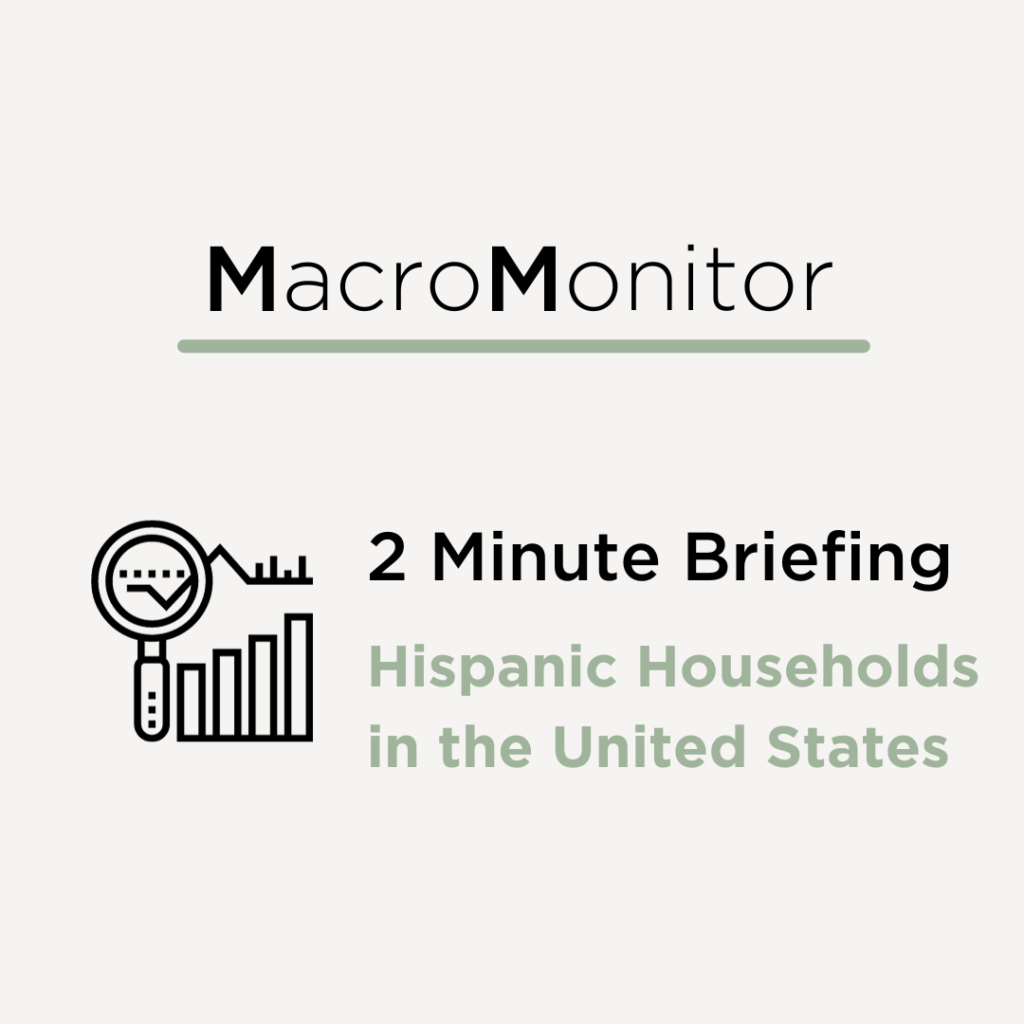













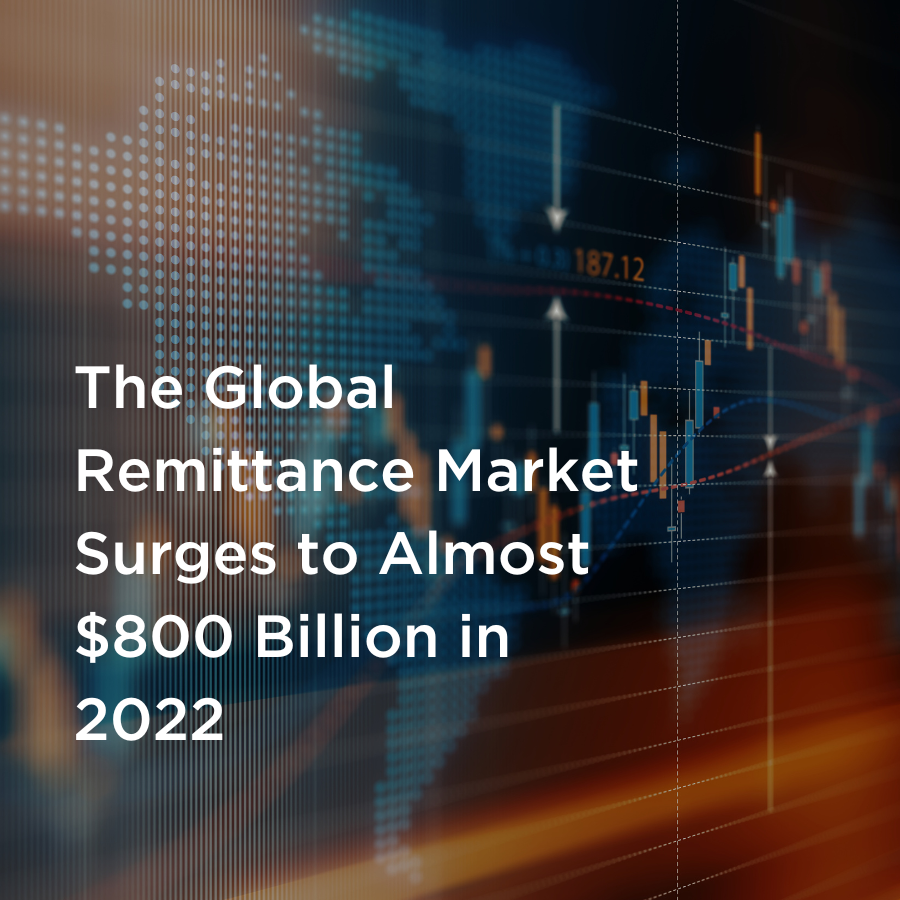

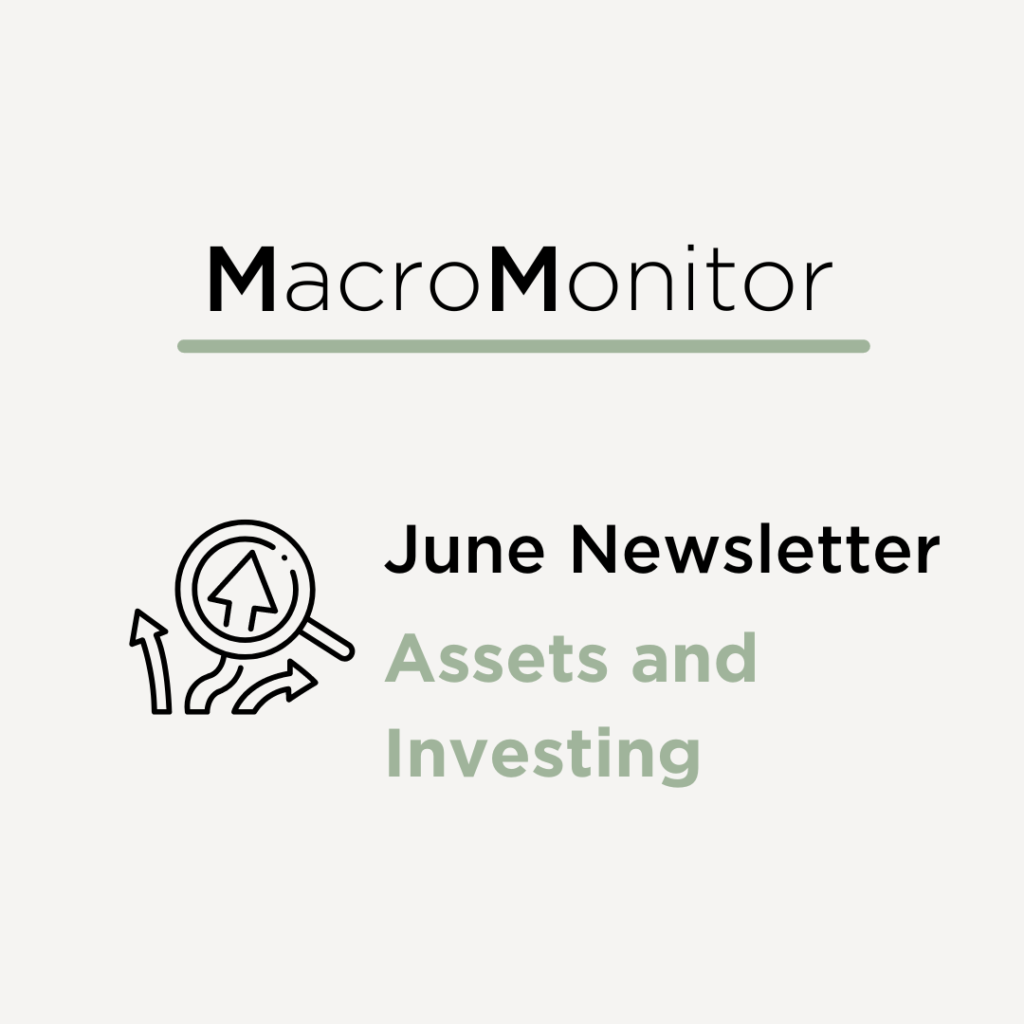



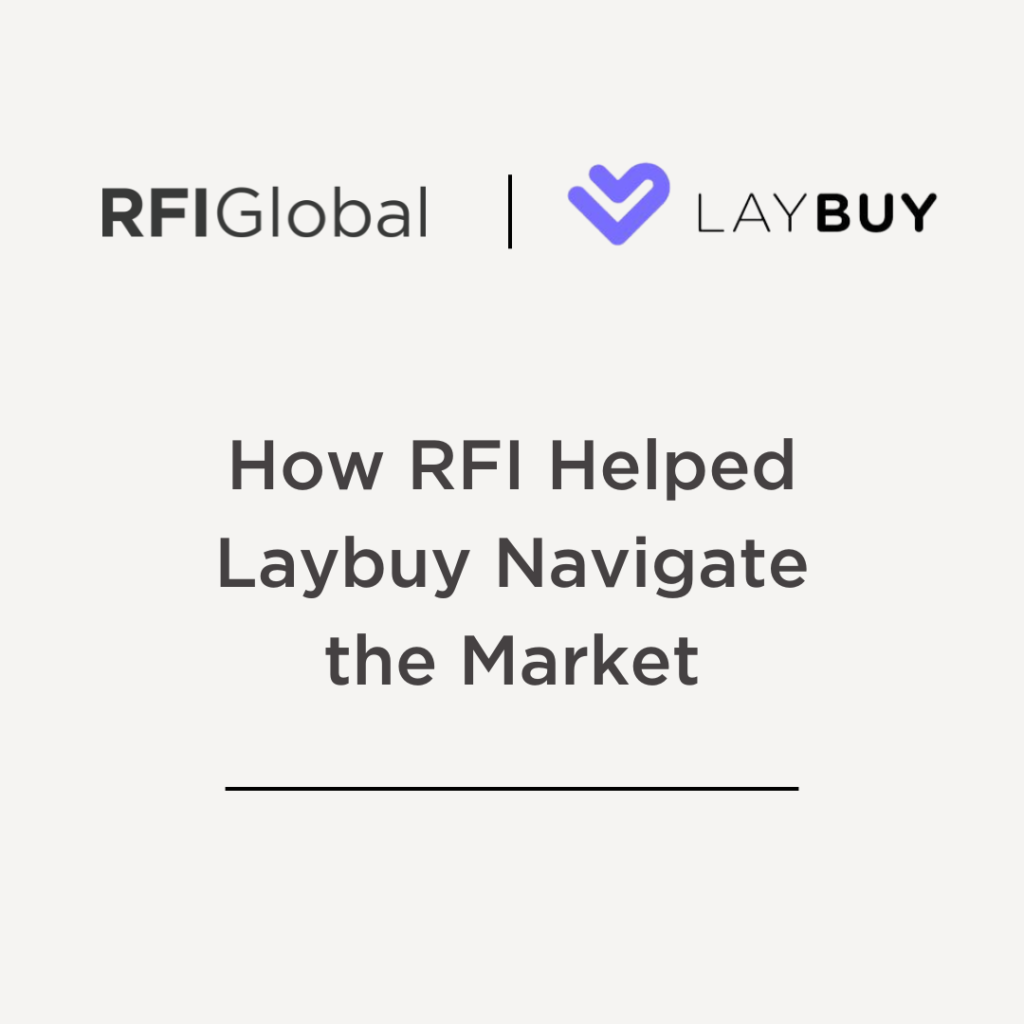

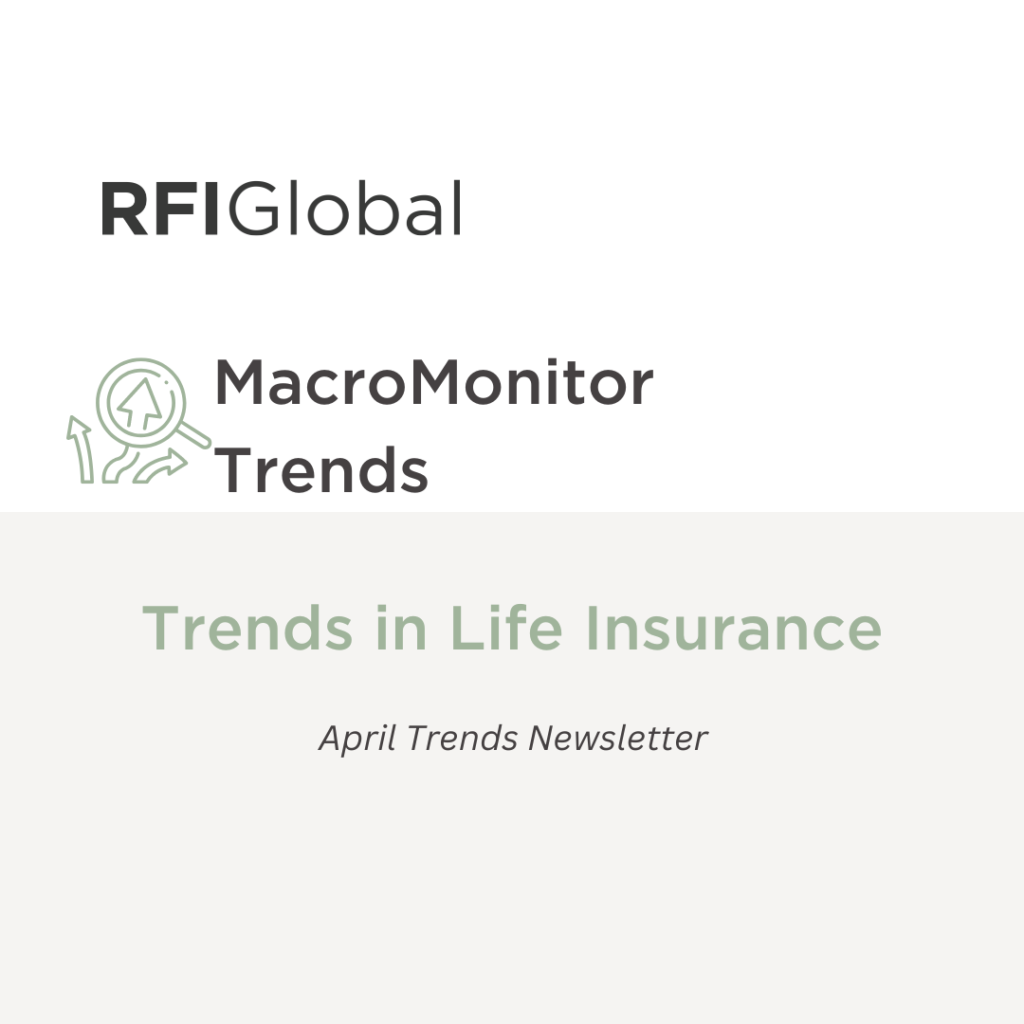



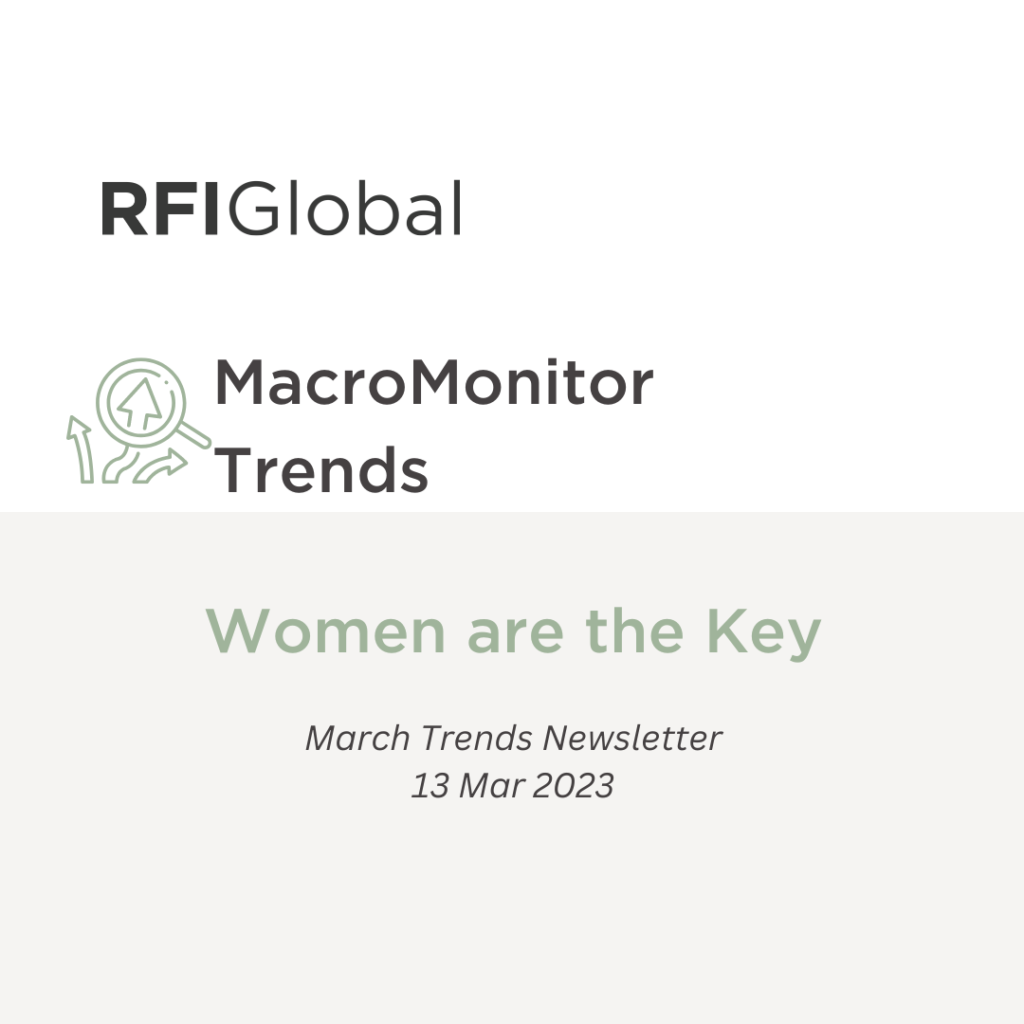


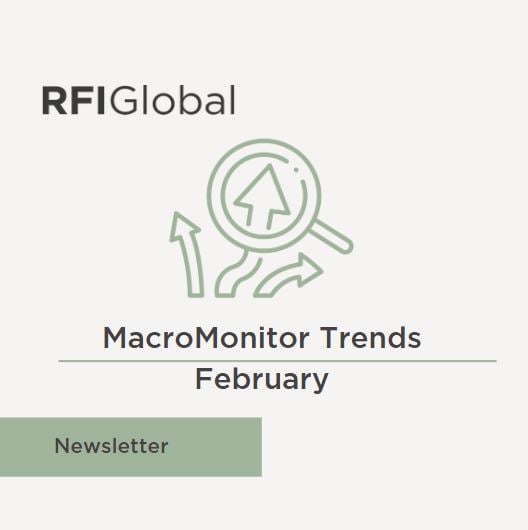


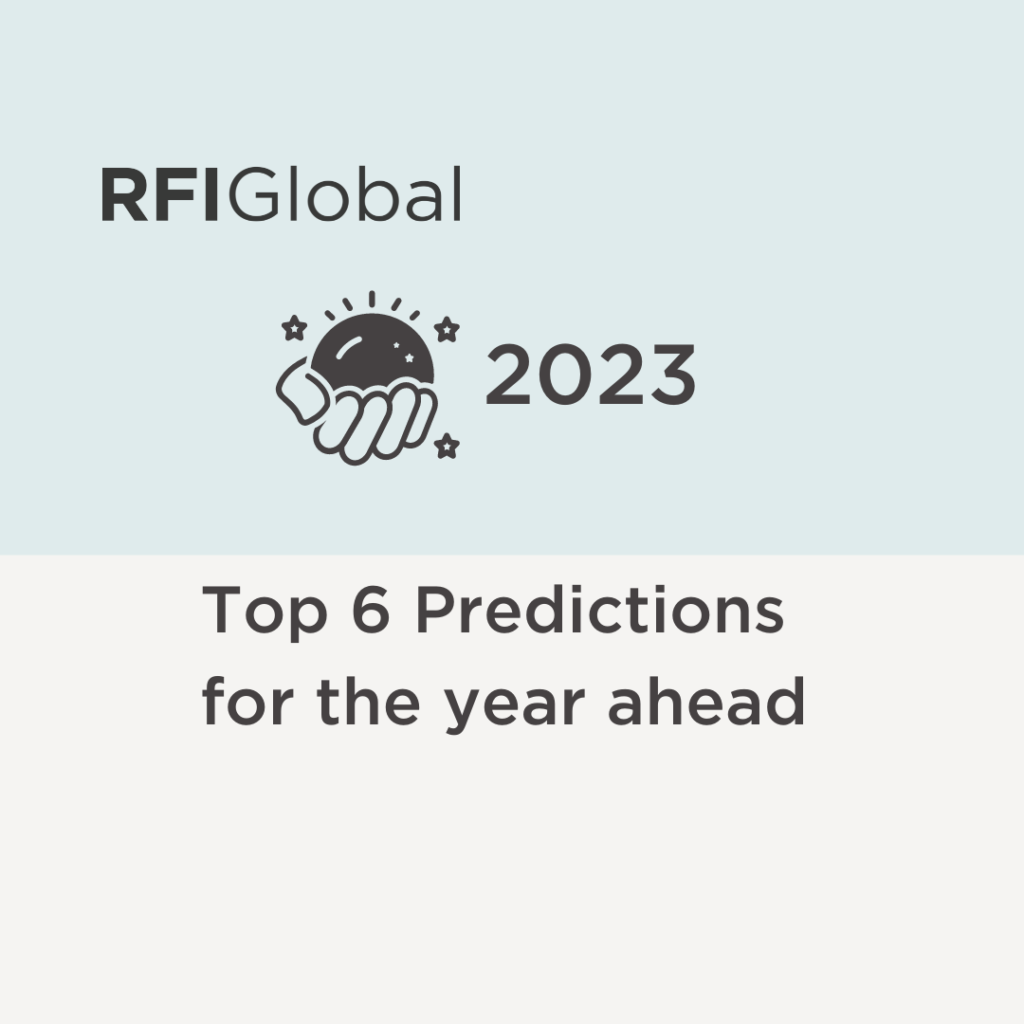
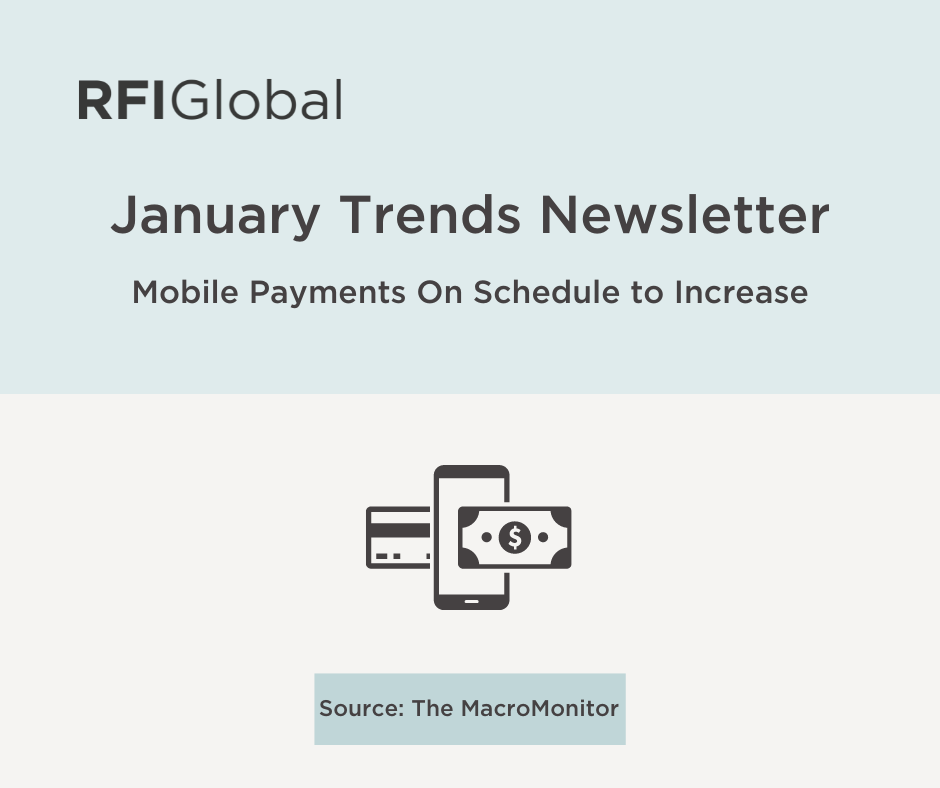
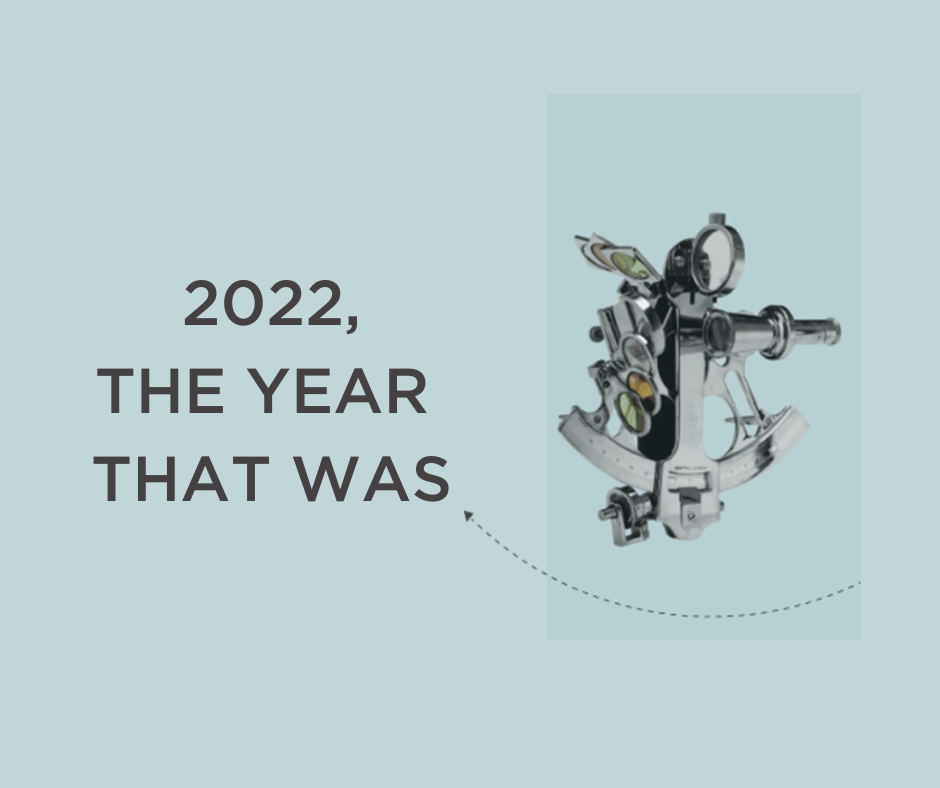

























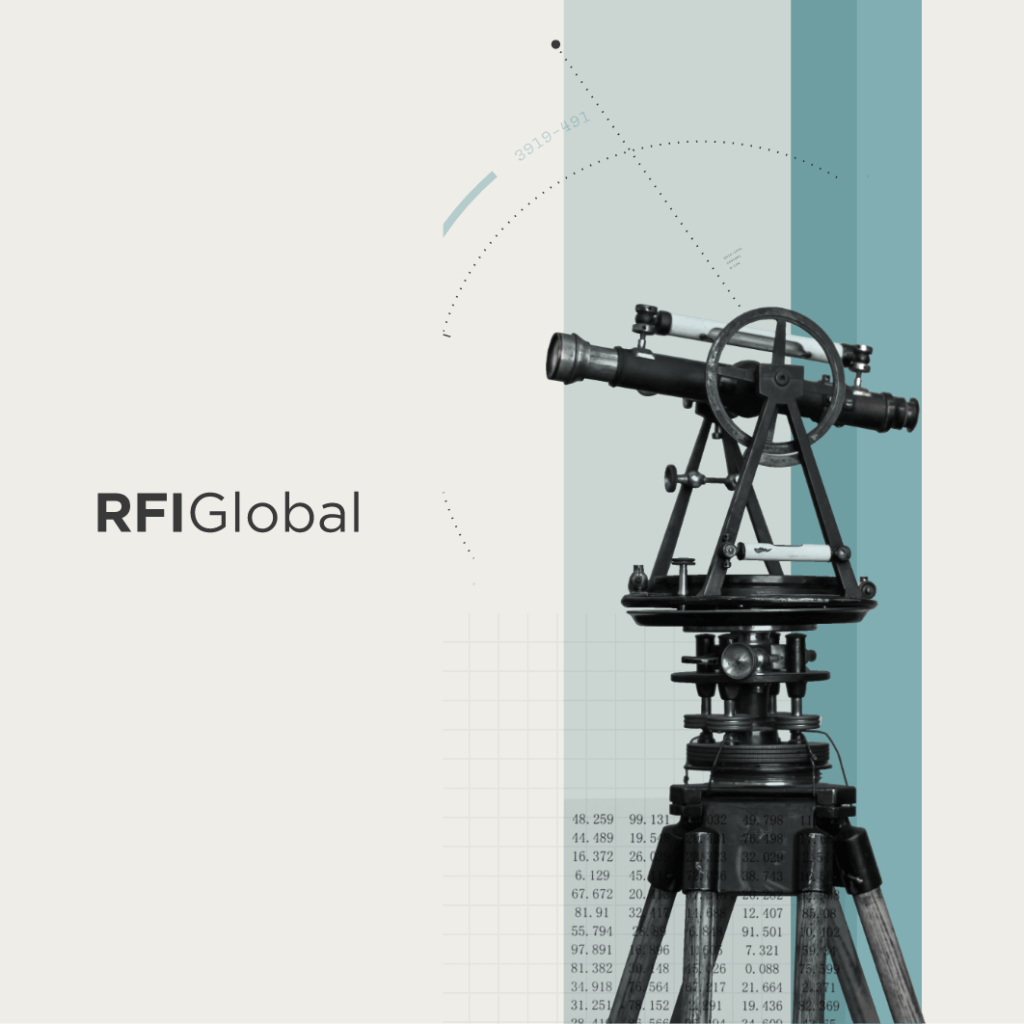


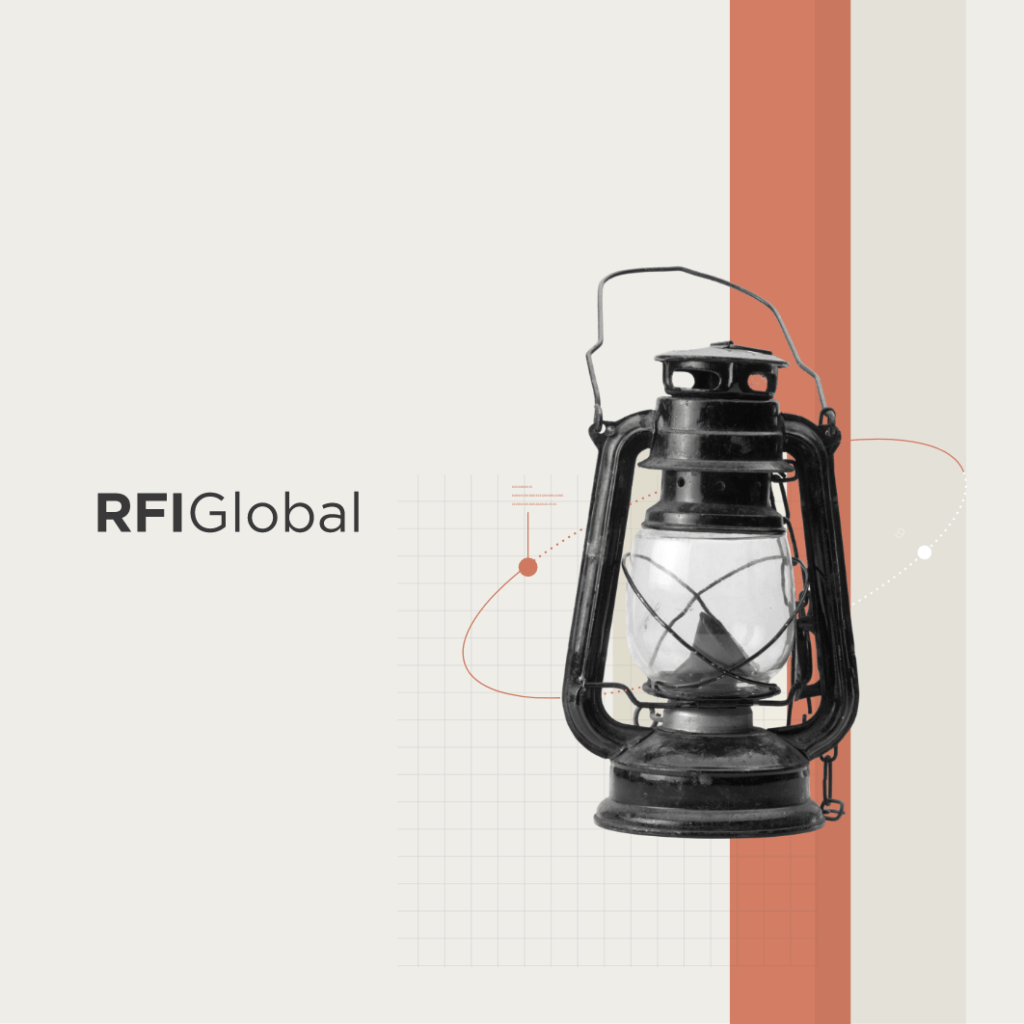
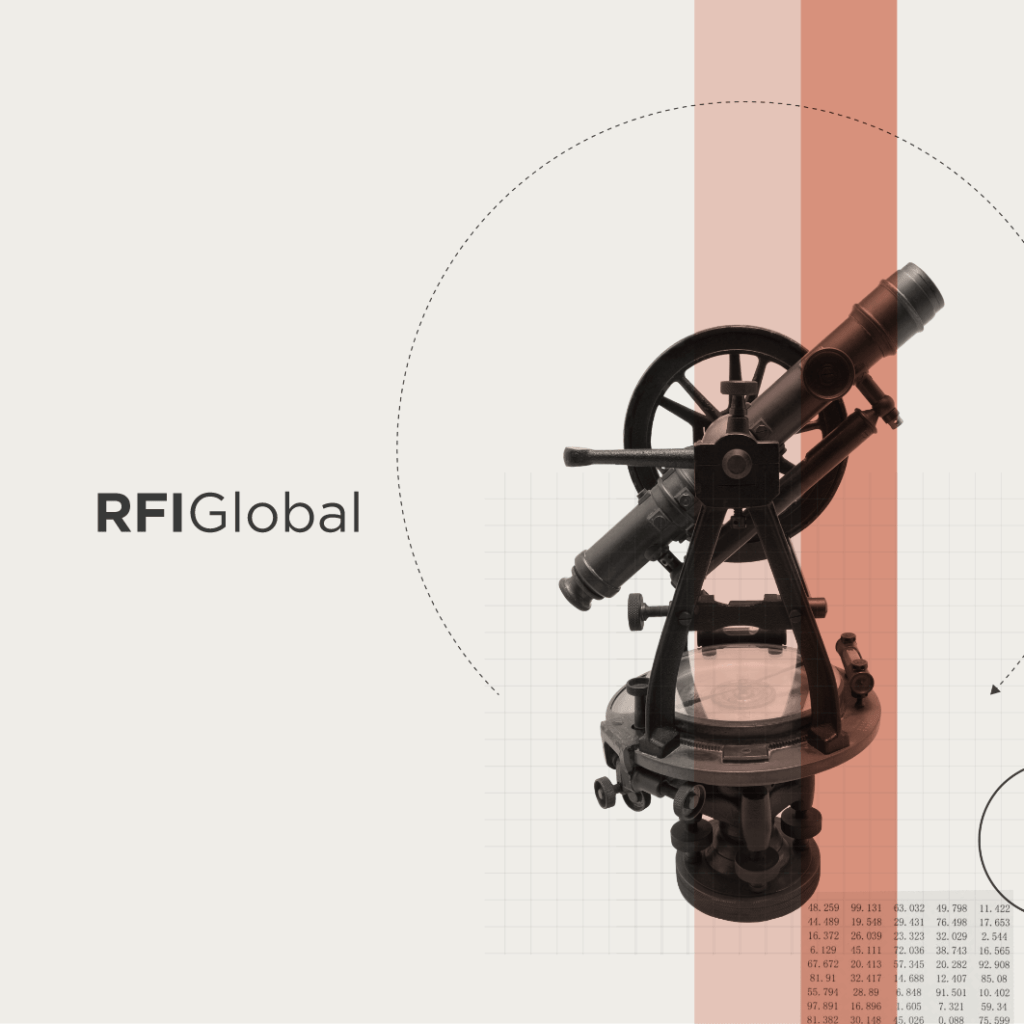
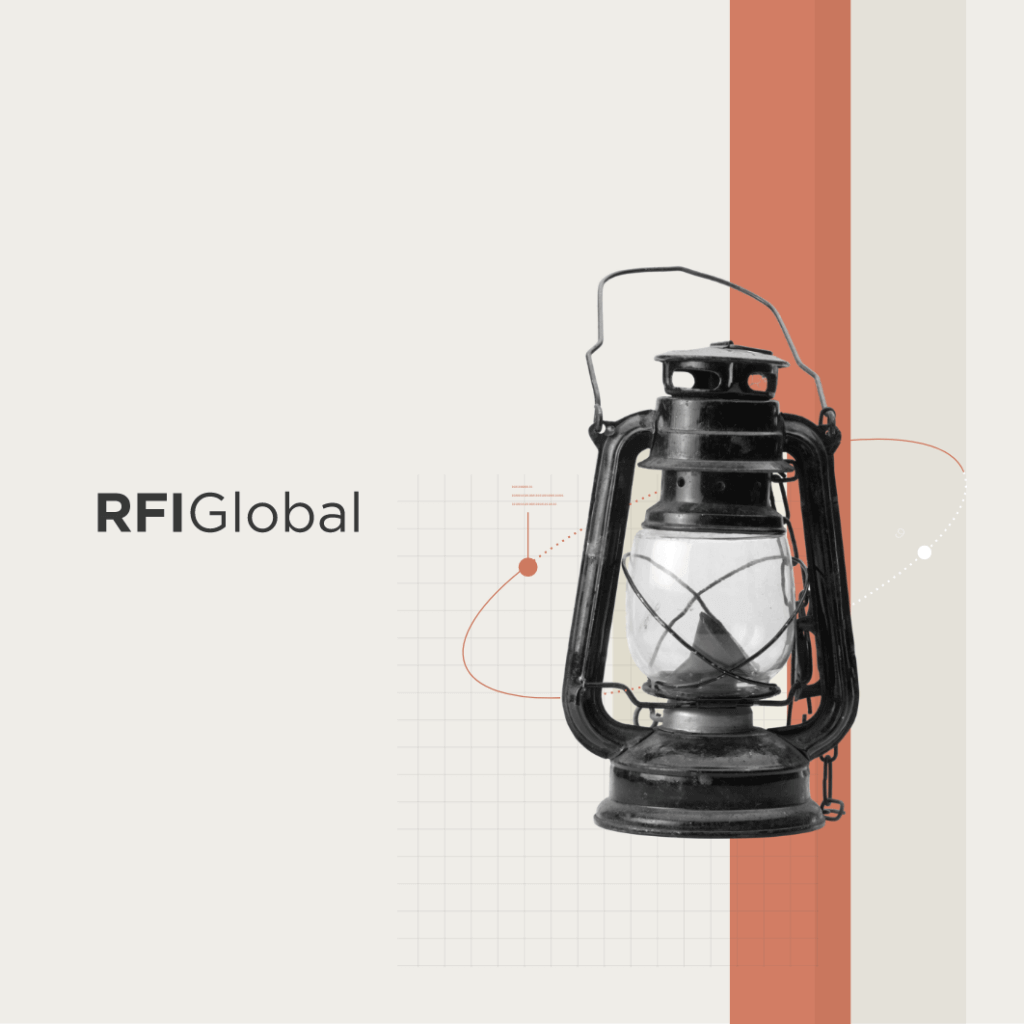
/NQA-ISO-27001-Logo-UKAS.jpg)